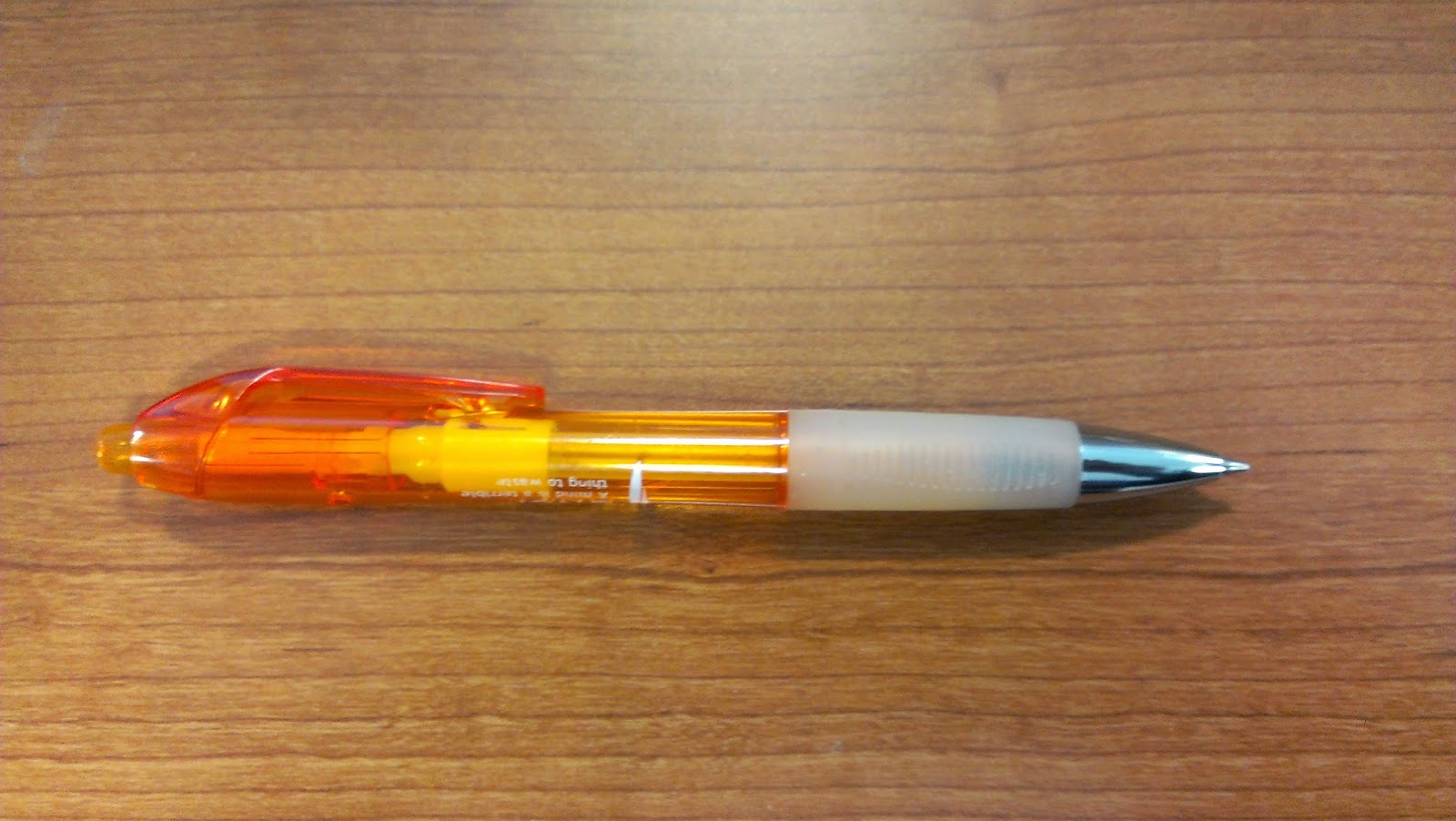Occasionally you'll read a book review that says an author was
'generous'. What does that mean, exactly?
Authors can certainly be generous with their subjects. For
instance, when you portray a brutish character as also having a sensitive side,
that might be called generous. Writing fully fleshed-out characters is also, of
course, the mark of a mature author.
But what critics really mean when they praise a work of
fiction—or an author—with the term 'generous' is that the author gives us more
than he or she has to.
An example makes this crystal clear. Here's a possible
character description:
He was a pale guy, not just ordinarily pale, but really
extremely pale.
Now read:
There Jerome hung, skinny, sunken-chested, as white as a
saltine, his face scrunched up and one hand clutching his nuts. (Jeffrey
Eugenides, Middlesex)
or:
There warn't no color in his face, where his face showed; it
was white; not like another man's white, but a white to make a body sick, a
white to make a man's flesh crawl—a tree-toad white, a fish-belly white. (Mark
Twain, The Adventures of Huckleberry
Finn.)
You read it, you see it in your mind's eye, you enjoy it,
you appreciate it. If you read with fine attention, you're grateful that the
writer cared enough to give you something more.
Dull writers cannot be generous; the creativity just isn't
there. But if you have any spark of talent at all, and the desire to get good,
you can challenge yourself to come up with original ways to describe
characters, places, even ideas. How? By taking the time to be there fully with your characters and your scenes. Open your
heartbrain and let the world pour in. Take notice, and take risks.
If you do, you'll have a good chance of being the kind of writer
readers love without knowing why, the kind of writer savvy reviewers call
'generous'.
[Photo of Marjorie Kinnan Rawlings's desk at Cross Creek, Florida by ES.]
Tell us what you think! To post your ideas / comments, all
of which I read and try to respond to, click below where it says, 'No
Comments,' or '2 Comments,' or whatever.
If you'd like to receive this blog automatically as an email,
look to the right, above my bio, and subscribe there. Thanks for looking in.




